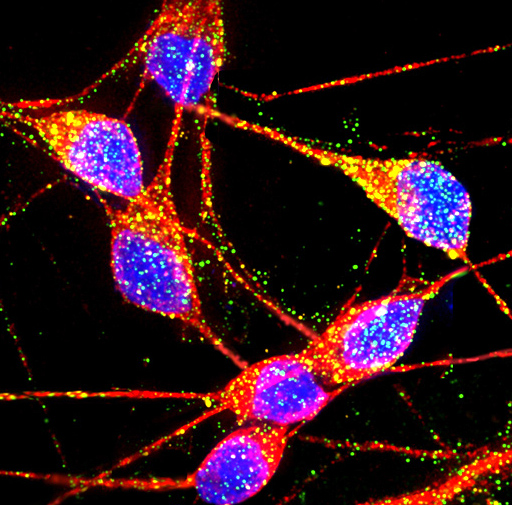Stem cells turned to nerves
 A new stem cell treatment shows promise for Parkinson’s.
A new stem cell treatment shows promise for Parkinson’s.
An international research team, led by Australian scientist Mark Denham, is working on a new treatment using genetically engineered stem cells.
The researchers focused on addressing the challenge of stem cells generating incorrect nerve cells, a common issue in Parkinson's treatment.
By genetically modifying the stem cells, they achieved a higher accuracy in producing the specific nerve cells crucial for treating the condition.
A new paper details the method developed by Denham and his team to ensure a much higher purity of dopamine cells, essential in Parkinson's treatment.
The genetically engineered stem cells demonstrated an enhanced ability to produce the precise nerve cells required for effective treatment.
Tests on rats revealed that this advancement led to the restoration of movement, showcasing the potential for a more efficient therapeutic approach to Parkinson's.
Denham emphasises the importance of high purity, saying; “Using our genetically engineered cells, we generate a higher purity of dopamine cells. For patients, this will reduce the recovery time and diminish the risk of relapse and medication use.”
The findings suggest that if this treatment progresses to human trials, it could offer longer-lasting effects with shorter treatment durations.








 Print
Print